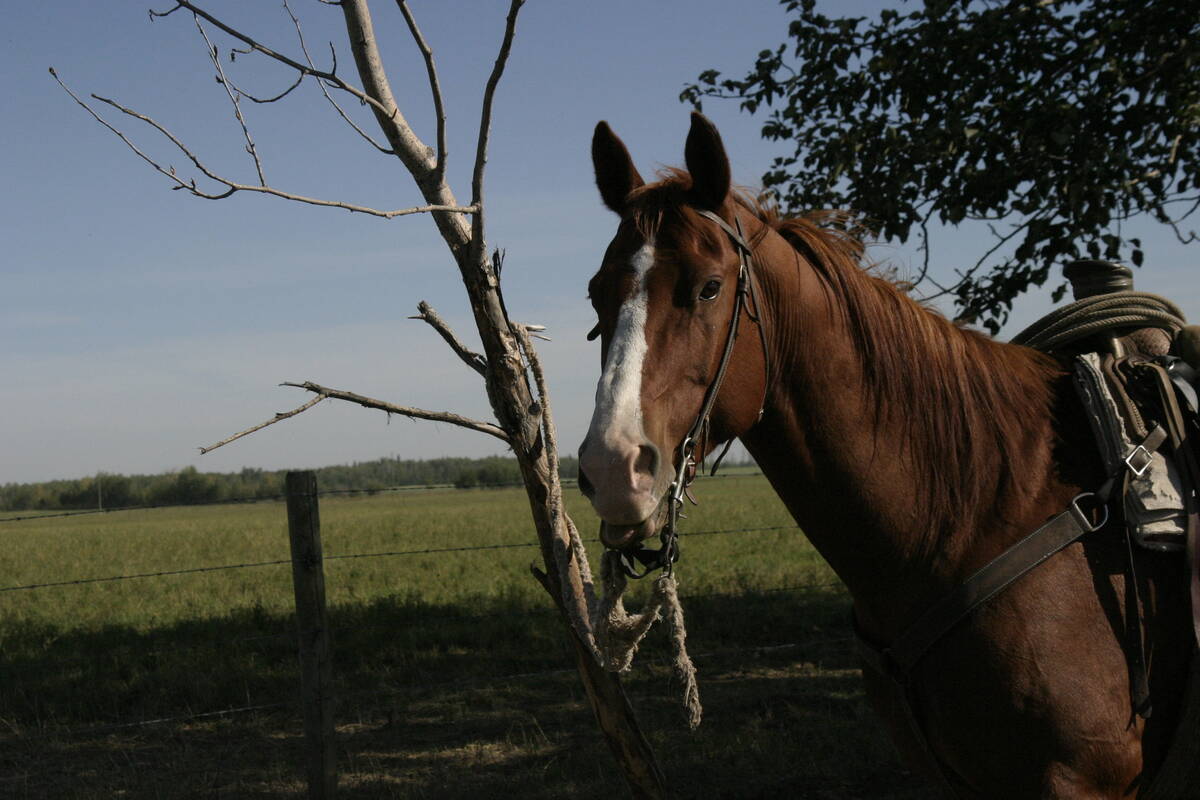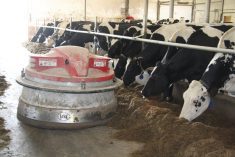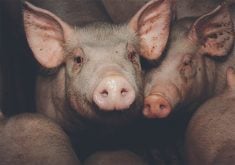Lawyers representing Canadian farmers pursuing a class action lawsuit against the federal government are trying to rally support among beef and dairy producers hurt by the ongoing BSE situation.
There is no deadline at this time to join the claim because lawyers are waiting for it to be certified in court as a class action lawsuit. Those who register will be contacted about whether they want to pursue their claims separately or through the class action.
The suit is seeking $7 billion in damages. As yet it is not certain which jurisdiction will hear the case, said lawyer Cameron Pallet.
Read Also

Horses challenged when asked to be weekend warriors
Horses are creatures of consistency. Their bodies and nervous systems are designed for steady, rhythmic movement, low-intensity grazing and regular social interaction.
“We’re not interested in a moral victory,” Pallet said.
“A moral victory is not going to help any of the farm families that are suffering right now.”
The suit is aimed at the federal government and the animal feed manufacturing company Ridley Inc. for negligence. The suit claims the government did not implement and enforce a ruminant to ruminant feed ban early enough, even though it knew there was a risk of BSE infection being transmitted through animal-based protein supplements. A feed ban went into effect in August 1997.
The claim targets the 1988-96 period before the Canadian Food Inspection Agency was formed.
“Since the CFIA came into existence in 1997, they have done a fine job and Canada now has the safest cattle and beef in the world,” Pallet said.
Seeking claimants
Pallet wants farmers across the country to join the suit to strengthen the claims. They may visit the website at www bseclassaction.ca. They can submit their names, type of operation and estimate of losses since May 20, 2003, when the first BSE case was reported. They are also advised to have financial records available.
Claims have been filed in the courts in Alberta, Saskatchewan, Ontario and Quebec on behalf of all commercial farmers of cattle who lived in Canada on May 20, 2003.
An earlier class action suit filed in November 2002 on behalf of Canadian elk and deer producers is still awaiting certification, said Gloria Wozniuk. She is spokesperson for Docken and Co., a Calgary-based firm handling the claims. This firm is also involved in the BSE claim.
The 2002 claim alleges the federal government was negligent in not ensuring imported and domestic cervids were not carriers of serious disease like tuberculosis or chronic wasting disease that could restrict trade and cause economic difficulty for the plaintiffs.















